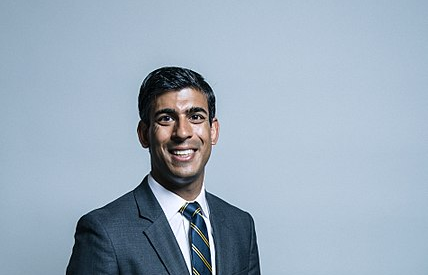Chancellor Rishi Sunak outlines the government’s tax and spending plans for the year ahead…
Coronavirus help
An emergency fund of £5bn to support the NHS and other public services.
Statutory sick pay will be paid to all those who choose to self-isolate – even if you don’t have symptoms.
Firms with fewer than 250 staff will be refunded for sick pay payments for two weeks.
Small firms will be able to access “business interruption” loans of up to £1.2m.
Business rates will be abolished for firms in the retail, leisure and hospitality sectors with a rateable value below £51,000.
HMRC has set up a dedicated helpline for businesses affected by COVID-19. The number to call is 0800-0159-559.
Taxes, duties, and wages
National Insurance Contributions tax threshold to rise from £8,632 to £9,500 – saving people just over £100 a year.
Corporation tax to remain at 19%. It was due to be reduced to 17%, and now gives the government £7.5bn to spend.
VAT on digital publications will be scrapped on 1 December.
VAT on women’s sanitary products (the tampon tax) to be abolished in January 2021.
Duties on beer to be cancelled this year, and spirits, cider and wine duty is also frozen.
Fuel duty frozen.
The digital services tax will now be collected quarterly not annually. The exchequer believes this will raise £440m a year.
Environment
Plastic packaging tax to come into force from April 2022.
From April 2022 manufacturers and importers who have products with less than 30% recyclable will be charged £200 per tonnes.
Total investment in flood defences to double to £5.2bn over next five years.
Others key bits
Business rate discounts for pubs to rise from £1,000 to £5,000.
A £3,000 cash grant for businesses eligible for small business rate relief.
Non-UK residents will have to pay a 2% stamp duty surcharge from April 21.
Reform of Entrepreneur’s relief, with a new £1m limit – down from £10m.
HMRC will raise an extra £4.4bn to tackle aggressive tax avoidance by 2024/2025.




